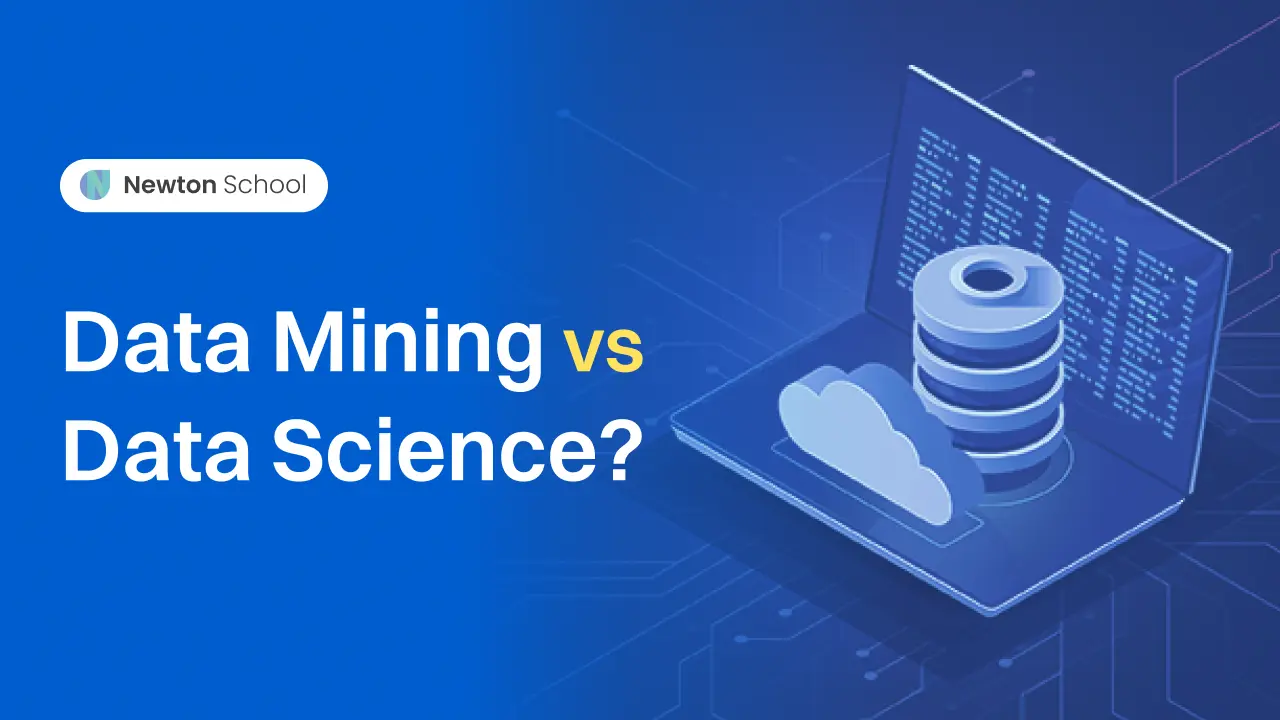
Data analysts evaluate the available information to better understand the customers of a company and find ways to use the data to address issues. Along with sharing it with stakeholders, they keep the company's management in the loop. At present, the majority of businesses recognise the importance of a data-driven approach to business, requiring competent people to offer insight into the never-ending stream of gathered data.
According to research, over 70% of the US demand for data analyst skills will only increase as we continue to digitise our physical environment. Currently, executives favour job candidates with data capabilities.
We're just beginning our research and figuring out how to move to a profession with data analyst skills. While looking through job listings for data-driven employment is a fantastic place to start, many analyst roles are extremely specialised, making it challenging to determine which skills needed for a data analyst should be prioritised for investment.
The skills required for a data analyst
The skills required for a data analyst are listed below:
- SQL
Structured Query Language (SQL) is the chosen language for communicating with databases. Knowing SQL enables a data analyst to query, organise, and update data contained in relational databases, as well as change data structures (schema).
SQL is the most important language to get a job because almost all data analysts will use it to retrieve data from the company's database. Interviews of data analysts usually include a technical SQL examination.
- Machine learning
Machine learning, an area of artificial intelligence, has made one of the most important strides in data science (AI). This expertise focuses on developing algorithms that can steadily improve the precision of patterns found in massive data sets.
As a machine learning system processes more data, it "smartens up," producing more precise predictions. For data analysts, machine learning proficiency is not a prerequisite. However, developing machine learning skills could provide a competitive advantage and lead to a well-paid career in data science.
- Statistical programming
By using statistical programming languages like Python or R, we can execute sophisticated analyses in ways Excel cannot. As these languages can be used to create programmes, we can more quickly clean, analyse, and visualise big data sets.
It would be wise to learn one of the open-source languages, as they are both free. The best language for data analysis is under dispute. Data science tasks can be completed in either language. However, Python is more widely used and generally easier to learn than R.
- Statistics and probability.
The study of data collection, analysis, interpretation, and presentation is referred to as statistics in maths and science.
Data analysts will be more adept at the following procedures if they have a strong background in statistics and probability:
- The data should show trends and patterns.
- Try to keep the analysis free of biases, logical fallacies, and inaccuracies.
- Ensure the results are accurate and reliable.
- Statistical visualisation
The analytical process includes several steps, one of which is discovering insights into the data. Another crucial element is using those findings to create a narrative that helps make wiser business choices. Data visualisation can support this process.
Charts, maps, graphs, and other representations that are visual of the data can be used by data analysts to clearly explain their findings. Learning visualisation technologies like Tableau is important to improve data visualisation skills. Using these technologies, one may convert their findings into data models, dashboards, visualisations, and reports of business intelligence.
- Data management
Data management refers to the methods used to collect, organise, and maintain data in a way that is efficient, secure, and affordable. While some firms have roles dedicated to data engineers and architects, database administrators, data management and information security analysts, data analysts frequently handle data to an extent.
Different businesses employ data management systems in various ways. It may be advantageous for a data analyst to have a full understanding of how databases operate in both physical and cloud situations.
- Econometrics
Analysts utilise econometrics, which is the study of economics using mathematical and statistical data models, to predict future trends based on historical data. A thorough understanding of econometrics is crucial for data analysts who want to work in the financial industry, especially in hedge funds and investment banks.
- Microsoft Excel
Excel has a lot more analysis capacity than we might realise because the first thing that typically comes to mind when we think of it is a spreadsheet.
Although advanced Excel techniques like building macros and using VBA lookups are still frequently used for smaller lifts and lighter, quicker analytics, programming languages like R and Python are better equipped to manage huge data sets.
The initial iteration of the database may even be in Excel if we work for a lean organisation or start-up. Learning the tool is essential because it has long been a mainstay for companies in every sector.
Fortunately, there are lots of excellent free online resources available to get us started. There are also structured data analytics workshops available for people who want to learn more about the technology.
Conclusion
To advance in a data analytics career, it is essential to understand the abilities that one will need to enter the field and begin working with data. Big data is a hot topic in many industries, and employers scramble to find candidates with these in-demand, scarce talents.
Data analysts will have more opportunities and earn more money in the future if they increase their data analyst skills.
Depending on the prior experience, the time and money to invest, and the objectives, will ultimately decide how to master these data analyst skills for their application in the corporate field.




















